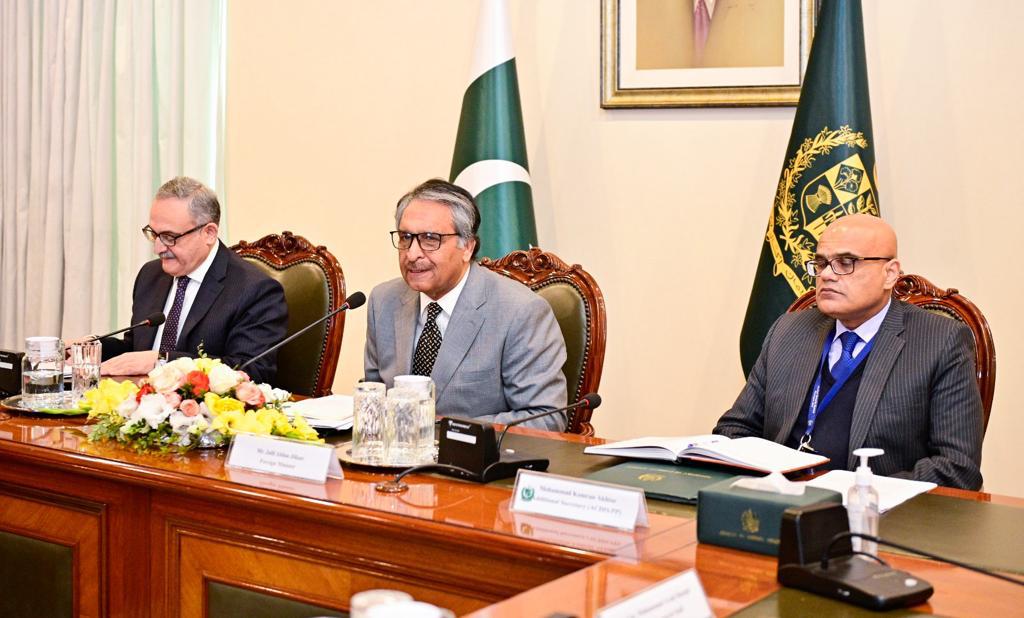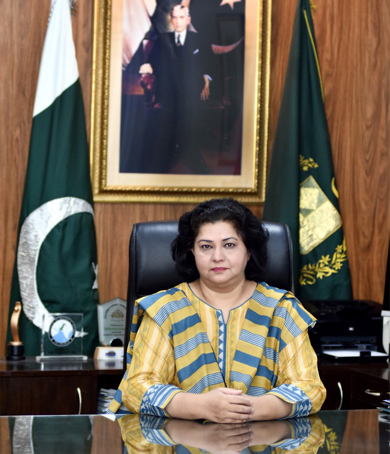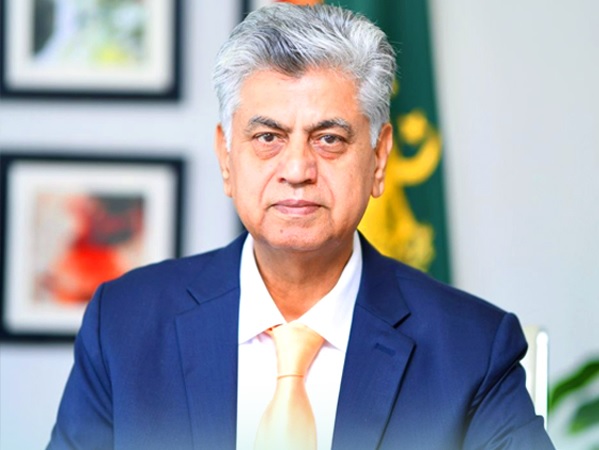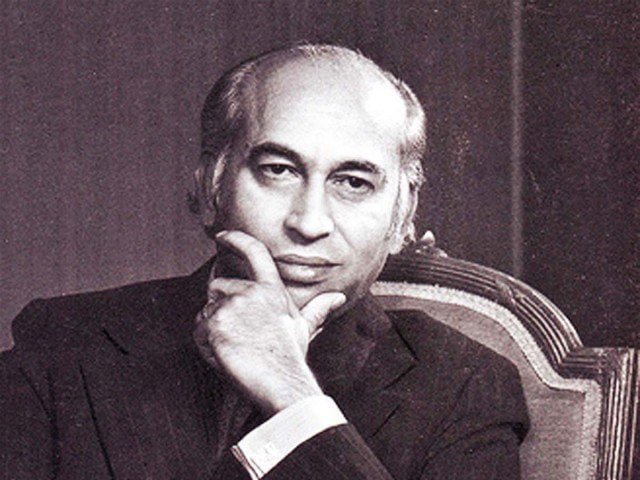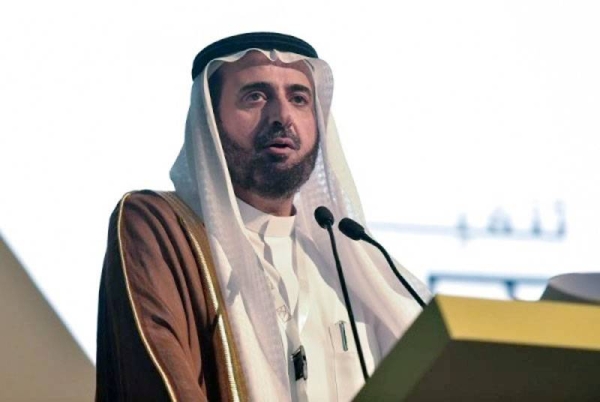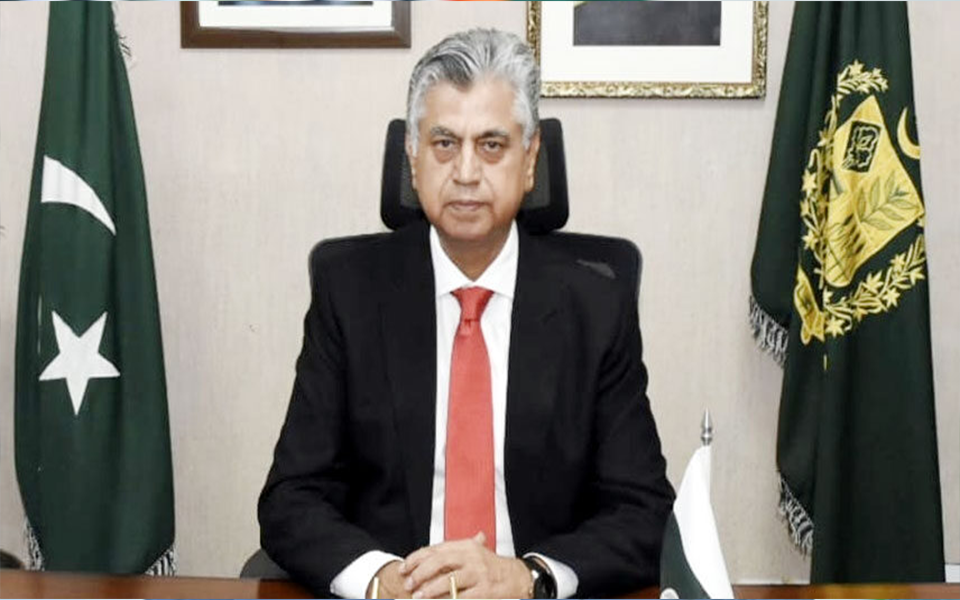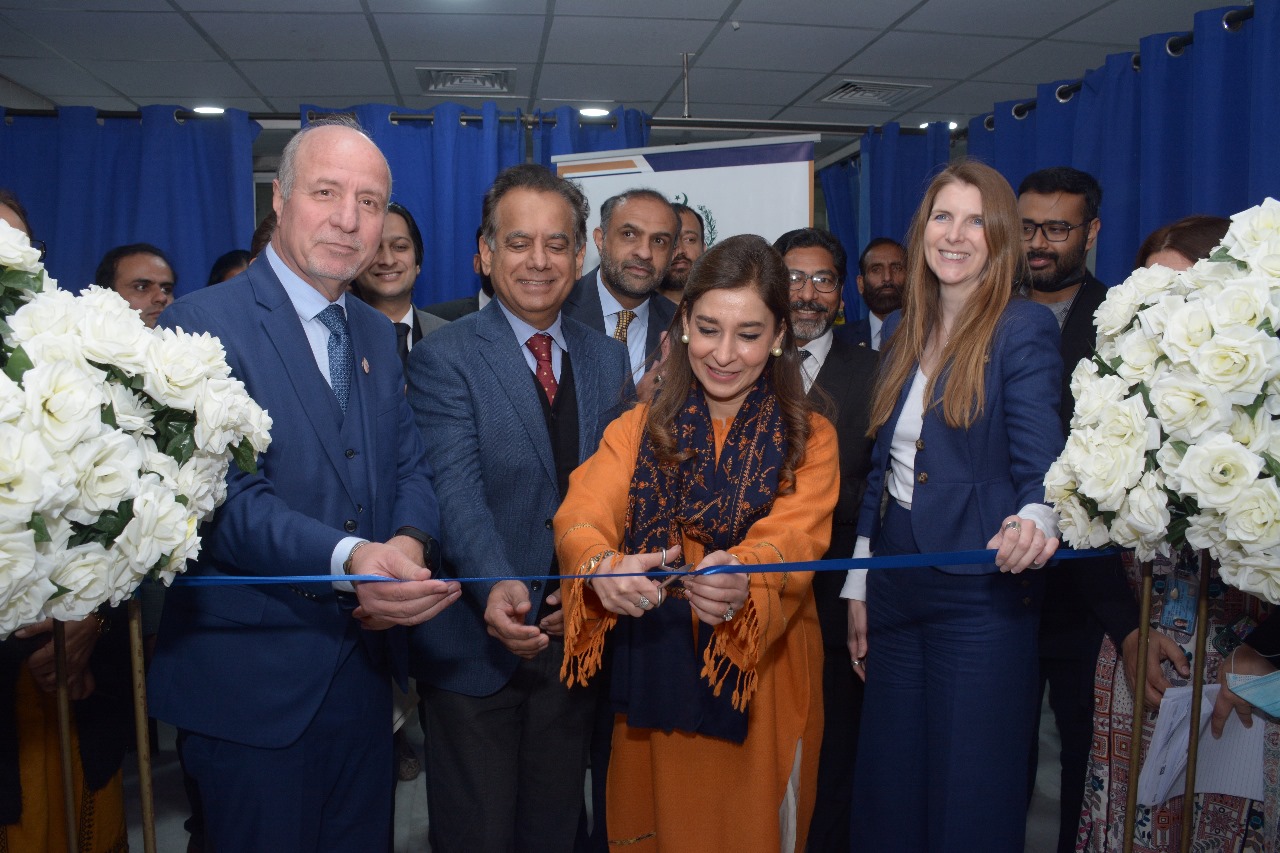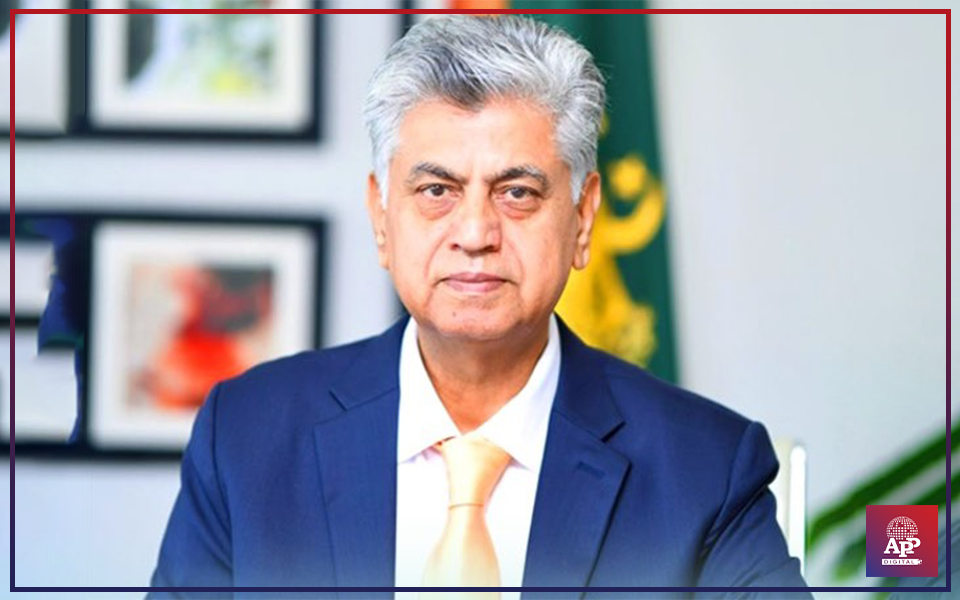ISLAMABAD, Jun 12 (APP): Minister for Finance and Revenue Senator Muhammad Aurangzeb on Wednesday unveiled the Rs18.877 trillion relief-oriented federal budget for the fiscal year 2024-25.
Presenting the federal budget 2024-25 in the National Assembly, the finance minister said that GDP growth target for the fiscal year 2024-25 is fixed at 3.6 percent, whereas the inflation rate is expected to remain 12 percent.
He said that the budget deficit to GDP during the period under review is estimated at 6.9 percent, whereas the primary surplus is projected at 1.0 percent of the GDP.
The minister said that the Revenue collection of the Federal Board of Revenue is estimated to Rs12,970 billion during up-coming fiscal year, adding that tax revenue collection during the current fiscal year grew by 38 percent and the provincial share would be Rs7,438 billion.
He said that the non-tax revenue targets of the federation are fixed at Rs3,587 billion, whereas the net income of the federal government would be Rs9,119 billion.
The total expenditures of the federal government is estimated at Rs18,877 billion out of the total amount of Rs9,775 billion would be spent on interest payments.
The government has allocated Rs1,400 billion for Public Sector Development Program in its current budget, adding that an additional amount of Rs100 billion would be allocated under Public Private Partnership, he added.
This year, he said, over all development budget was the highest in the country’s history comprising Rs1,500 billion.
The minister said that the government would provide Rs2,122 billion for defence, and Rs839 billion would be allocated for Civil Administration.
Meanwhile, an amount of Rs1,014 billion is also allocated for pension expenses, adding that Rs1,363 billion are allocated for the subsidy of the gas, electricity and other sectors.
The Finance Minister further said that total grants amounting to Rs1,777 billion is allocated for the promotion of BISP, AJK, Gilgit-Baltistan, merged districts of KP, HEC, railways and IT sectors.
Finance Minister said that the government has declared a historic federal PSDP valued at Rs1,500 billion, which was higher than 101 percent of the last year’s revised PSDP.
He said that despite the fiscal constraints, the government has enhanced its budgetary allocations,which would help to develop the volume of infrastructure including transportation, energy, IT and water resources and improve the living standards of the people in the country.
Senator Aurangzeb said that in PSDP 2024-25 special focus is paid to the completions of ongoing projects as 83 percent of resources are allocated for the completion of ongoing schemes and 17 percent for the new development schemes.
During the financial year 2024-25, it is proposed to allocate 59 percent of resources for the development of infrastructure development and 20 percent for the social sector development.
To ensure the equitable development in AJK, GB and merged districts of the KP, the government has allocated at 10 percent and around 11 percent for other sectors development including IT, telecom, science and technology, governance and production sector.
The government has included projects related to support the productivity of exports oriented industries to enhance their competitiveness, to expend the digital infrastructure in the country.
Senator Muhammad Aurangzeb said that the government is also paying special focus on the development of the transportation sector and is determined to further improve the network of roads and highways to strengthen the connectivity of cities to handle the increasing traffic volume.
The expansion of the infrastructure of energy and to modernize it is also a priority he said, adding the development of hydropower dams, solar plants installation and transmission lines to ensure efficient distribution to tackle growing demands of the energy.
Besides, he said that special attention would be paid to flood control, ensuring the supply of potable water through the construction of dams, improvising the irrigation system and developing of water sanitation system through water resource management.
These projects would help to develop infrastructure, improve transportation, energy, and overcome the challenges to achieve economic prosperity ultimately helping improve living standards of the citizens, the minister said.
In the PSDP, Aurangzeb said, for the next fiscal year, it was proposed to allocate Rs824 billion for infrastructure development, out which an amount of Rs253 billion for the energy sector, Rs279 billion for transport and communication, Rs206 billion for the water sector development would be incurred.
He said that it was also proposed to allocate Rs 86 billion for Planning and Housing, and Rs280 billion for Social Sector Development, whereas an amount of Rs 75 billion for AJK and GB is also proposed in the budget.
The Finance Minister said that the government is also paying special attention to skill development and special allocations are made for this purpose, particularly to impart training to huge bulges of youth in the county to enhance employment opportunities.
Senator Aurangzeb said that a special package is proposed for the development of Karachi, as it was the mega city of the country and plays a vital role in country’s economy, adding that it was a prerequisite to initiating a comprehensive program for modernizing the basic infrastructure of the city.
He said that measures are also proposed for the supply of drinking water in Karachi City under K-4 project, besides preparing projects for the development of other cities including Mirpur Khas, Hyderabad, Sukkhar and Benazir Abad.
The minister said that under the direction of the prime minister, to modernize the health infrastructure in Islamabad, Rawalpindi, AJK,KP and other areas, a comprehensive plan was devised to provide the latest and best medical services to the people of these areas. In this regard, a proposal was received to construct Quaid e Azam Health Tower in the Pakistan Institute of Medical Sciences hospital to ensure the state of the art medical facilities to the people.
